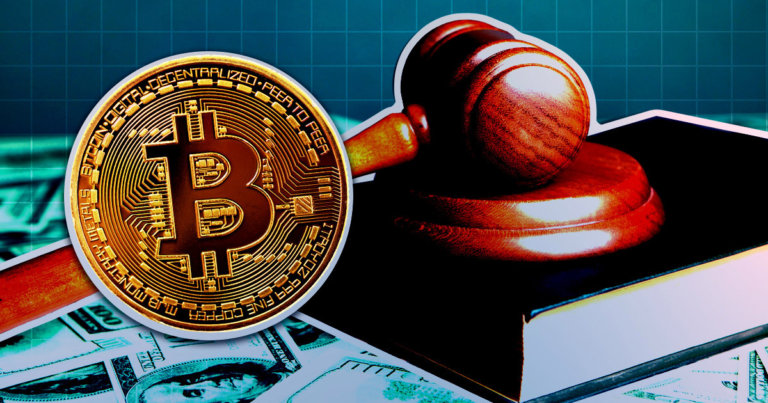 G7 says crypto regulation must be swift and comprehensive
G7 says crypto regulation must be swift and comprehensive G7 says crypto regulation must be swift and comprehensive
The G7 is advocating for swift and comprehensive regulation to the same standard as the traditional financial system

Cover art/illustration via CryptoSlate. Image includes combined content which may include AI-generated content.
Finance Ministers and Central Bank Governors from the G7 met last week to discuss global economic conditions, including cryptocurrency.
The committee was joined by Heads of the International Monetary Fund, World Bank Group, Organisation for Economic Cooperation and Development, and Financial Stability Board, some of which have been anti-crypto in their stance.
The report states that the G7 is working alongside the FSB to “monitor and address financial stability risks arising from all forms of crypto-assets.” It cites the recent market downturn in crypto markets as a rationale to:
“advance the swift development and implementation of consistent and comprehensive regulation of crypto-asset issuers and service providers, with a view to holding crypto-assets, including stablecoins, to the same standards as the rest of the financial system.”
No reference to the 20% decline in the Dow Jones is made in correlation to the crypto market’s decline. Interestingly, a drawdown in crypto means that further regulation is required in a “swift” manner.
However, the traditional markets are supposedly efficient and sufficiently regulated. While proper regulation is likely needed within the young crypto industry, it is also important to consider and accept the nuances of blockchain protocols.
Traditional rules and regulations have been designed for the physical world and may not apply to the complex nature of DeFi, GameFi, and other digital financial assets. To say that the development of crypto regulation must be completed in a “swift” and “rapid” manner raises the question of whether this regulation will be thorough and supportive of innovation. Encouragingly, the report does indicate that stablecoin regulation must:
“adequately addresses relevant legal, regulatory and oversight requirements through appropriate design and by adhering to applicable standards.”
It further states that “digital innovation in payments is a key driver of economic progress and development, notably through faster, cheaper, more transparent and more inclusive cross-border payment services.”
However, the next section of the report does not focus on the crypto markets at large. Instead, it asses the feasibility and implementation of Central Bank Digital Currencies which it believes must “should be grounded in transparency.” It highlights that CBDCs, not existing cryptocurrencies, could be the solution to cross-border payments and innovation.
“CBDCs with cross-border functionality may have the potential to spur innovation and open up new ways to meet users’ demand for more efficient international payments.”
Numerous potential solutions exist, including Bitcoin’s Lightning Network, Ethereum Layer 2 solutions, and many other layer-1 blockchains that can manage, process, and settle international payments within seconds with minimal fees. However, these projects are public, open-source, and decentralized.
They are not subject to the same laws and jurisdictions as CBDCs. The G7 believes that the control of the financial system must remain within their remit. With global inflation over 6% and GDP dropping month on month, some will question whether it is time to change and a move towards decentralization.





































































































